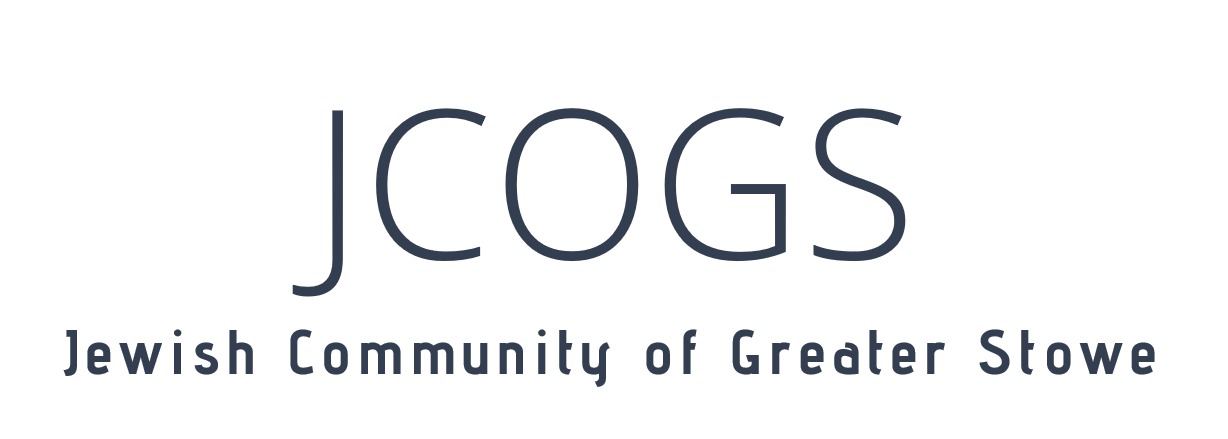
This short article demonstrates how to say the Friday night blessing over the children in English, explaining that because this ritual includes the ancient priestly blessing once recited in the holy Temple in Jerusalem, uttering it helps to symbolically render the Shabbat table a small temple in each home. Helpful to beginners looking for basic information about the order of events on Shabbat, the article goes on to describe many other customs. Posted on LearnHebrewPod.net, the original website also includes tabs where users can practice reading the first line of the blessing for sons, including options to show or hide transliteration, translation, and vowels, and to hear audio recordings at different speeds. LearnHebrewPod is a language-learning website course designed to provide a flexible and comprehensive introduction to 50 Jewish prayers.
The Blessing Over the Children
Parents place their hands upon the heads of their sons and say:)
May God make you like Ephraim and Menashe.
(Parents place their hands upon the heads of their daughters and say:)
May God make you like Sara, Rivka, Rachel and Lea.
(Parents place their hands upon the heads of all their children and say:)
May Adonai bless you and keep you.
May the face of Adonai shine upon you and be gracious to you.
May the face of Adonai turn to you and establish peace upon you.
The family rituals and prayers that surround Shabbat are as important as the communal worship service… and perhaps even more so because they enhance the family members’ love for, and reliance upon, one another ; they promote respect among the generations; and they set the tone for twenty-four hours that are often called מֵעֵין עולם הבא—a foretaste of the World to Come.
The candles are kindled and blessed. Traditionally observant Jews do this before leaving for synagogue, because it must be accomplished before sundown.
When the family returns from the synagogue, the parents bless their children. Parents bless even their grown children, who then go on to bless their own offspring. What a profound lesson this teaches the grandchildren about inter-generational love and respect!
Each parent is a כהן kohen (priest) in his/her own family. The home becomes a מקדש מעט mikdash me’at—a miniature version of the Sanctuary. The family table becomes an altar on which the food that is shared represents the grateful sacrifices that were offered to God in days gone by.
The parents ask that their daughters be blessed as were the matriarchs Sarah, Rivka, Rachel and Lea. But why do they ask that their sons be blessed not like the patriarchs but rather like Ephraim and Menashe, the sons of Joseph? Because they were born and raised in a foreign land (Egypt) but always remained true to their heritage; and because they were the first brothers in the Torah who were not enemies.
The ministering angels that have accompanied the family home are asked—with the words of shalom aleichem—to deliver God’s blessings upon the entire family.
The husband sings the praises of his wife in the words of Proverbs Chapter 31.
The kiddush is chanted over a cup of wine.
Two loaves of challah are shared by the family, after the appropriate blessing—the motsi—has been recited.
Even the most impecunious family has saved its resources all week long, so that it may share Shabbat dinner not only with one another but also with any guests who might be in town for Shabbat.
Zemirot—songs that celebrate Shabbat—are sung joyfully at the conclusion of the meal.

